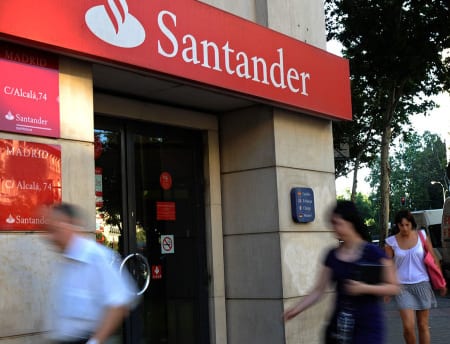
FOR the first time, a Spanish Court has found a complaint to sufficiently allege a breach of fiduciary duty against a bank.
Santander, it was found, opened an account to an unauthorised financial investment company and allowed it to take clients’ deposits for unregulated investments.
Needless to say, their money was almost all lost.
According to the Madrid Appeal Court, the unauthorised firm acted illicitly by breaching its contractual terms with its clients and more importantly, the Court deemed it was offering the public an investment service in blatant violation of mandatory regulatory laws.
The directors of the unauthorised company have also been found to have acted illicitly –for the above reasons- and as a result, deemed personally responsible for the losses of clients’ savings.
Santander, more crucially, was found to have acted reprehensibly by allowing the unauthorised firm to operate freely by opening bank accounts, authorising transfers and permitting other typical banking transactions reserved to authorised firms.
 The Court invoked article 7 of the annex to the Financial Markets Code of Conduct that prohibits dealings with illegal companies:
The Court invoked article 7 of the annex to the Financial Markets Code of Conduct that prohibits dealings with illegal companies:
It reads: “Entities will refuse any operation from non-authorised intermediaries, as well as those in which they have knowledge that the relevant legislation applicable to the former may be infringed.”
Such ‘knowledge’ was decisive in this case for the Court to rule that Santander was in breach of the above obligation and order the bank to compensate the client for the losses sustained by the boiler room.
The events leading to this ruling happened prior to the approval of the Anti-Money Laundering Act whereby banks –and other obliged parties- are obliged to obtain information as to the ‘purpose and expected nature of the business connection of the client and in particular, the nature of the professional and/or business activity, carrying out those measures to reasonably prove the information”, as well as a “continuous follow up of such business connection, inclusive of scrutiny of any dealings conducted throughout the relationship’.
On this basis, we believe that the above ‘knowledge’ is no longer essential and therefore banks that facilitate any person, company or otherwise to illegally operate in the financial markets could be deemed responsible for the losses sustained by their clients/victims.
For the avoidance of doubt, an unauthorised entity (or ‘fly-by-night operation’ as described by Spanish regulators) is any such that offers investment or insurance services and is not approved by the CNMV (Financial Conduct Authority) or the DGS (Insurance Regulator).











